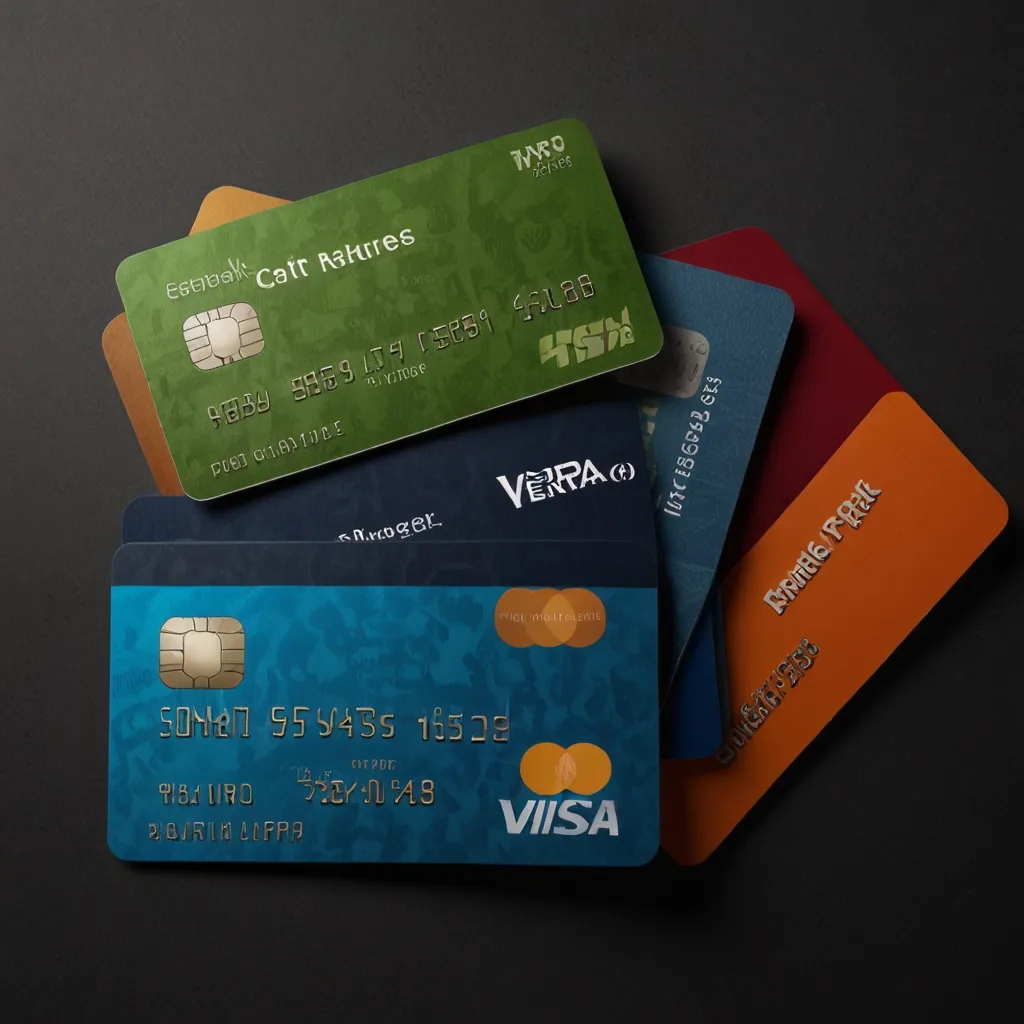Choosing the right credit card can seem overwhelming, but if you know where to look and what to look out for, the process becomes much simpler. I’ve spent years researching different financial aspects, and one area where I’ve done a lot of homework is in selecting credit cards. I want to share this knowledge with you.
First, understand that credit cards are a massive profit center for banks. The average interest rate on a credit card is about 17.65%. This is far higher than interest rates on other types of loans. For example, mortgage rates hover around 5%, and business loans are typically around 8%. The higher interest rates on credit cards mean banks make a significant amount of money from cardholders who carry a balance.
In fact, the average U.S. household carries a balance of $7,000. Banks can expect to make over $1,200 per year from each of these households just from interest alone. It’s no wonder banks are so eager to sign you up, offering various incentives to lure you in.
But the profit doesn’t stop there. Banks also charge merchants a transaction fee for every purchase you make, which is typically 2-4%. Merchants have little choice but to accept these fees because so many consumers prefer using credit cards over other payment methods. This system results in interest stacking up on top of interest, making it hard for cardholders to pay off their balance, thus benefiting the banks even further.
Credit cards do offer rewards, but these only benefit you if you’re disciplined enough to pay off your balance each month. Otherwise, the interest you pay nullifies any rewards you might earn. The best strategy is never to keep a monthly balance on your credit card. If you absolutely must carry a balance, pay it off as quickly as possible to avoid giving away your money to the banks.
When looking for a credit card, a cashback card is usually your best bet. Loyalty points, frequent flyer miles, and other rewards programs often complicate the picture and rarely offer as great a return as straightforward cashback. Specifically, the Citi Double Cash Mastercard stands out. It offers 2% cashback—1% when you make a purchase and an additional 1% when you pay your bill. There’s no annual fee and 0% interest for the first 18 months for new customers. Even if you carry a balance, the interest rate is competitive, starting at around 15.7%.
Other cards like Capital One offer 1.5% cashback, and American Express offers higher rates on groceries but charges a $95 annual fee. Discover offers varying rates on different categories, but it can get confusing to track. Overall, the simplicity of the Citi Double Cash Mastercard and its consistent 2% cashback make it an excellent choice.
For those who need to carry a balance, the Pen Fed Gold Visa card offers an attractive annual interest rate as low as 9.24% with no annual fee and a 0% APR for new customers.
I hope this distillation of my extensive research helps you make an informed decision and ultimately saves you money. The key is to stay disciplined, pay off your balance monthly, and choose a card that offers straightforward benefits. Happy card hunting!






